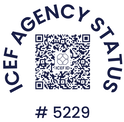|
Are you a whizz with numbers? Accounting is one of the most in demand careers in Australia with the opportunity to work in a wide variety of industries around the country. So it comes as no surprise that international students choose to study down under with Certificate IV of Accounting and Bookkeeping, Diploma of Accounting and Advanced Diploma of Accounting on offer in some of Australia’s most beautiful destinations. Whether you’re fresh to the industry or want to upskill, an accounting course will enable you to gain new skills, experience and knowledge. If you decide accounting isn’t for you, it’s still a brilliant gateway course which will enable you to study another topic such as business, law or marketing and communication. From entry requirements to course fees, find out everything you need to know about studying accounting in Australia below. Is accounting a good career in Australia?A large number of international students choose to study accounting as it opens the doors to a wide variety of jobs. Studying will enable you to gain skills which employers value in the workplace from the ability to perform bookkeeping tasks to managing payroll. No matter which industry you would like to explore, accountants will always be in demand around the world. What are the entry requirements for Certificate IV in Accounting and Bookkeeping (FNS40217)?In order to apply for Certificate IV in Accounting and Bookkeeping, you must meet the below criteria:
Learn more about English courses available in Australia here or contact our expert team and we can organise an English test for you. Please note: every course requires students to have access to a laptop or tablet in order to complete work in class and at home. What will I learn while studying Certificate IV in Accounting and Bookkeeping (FNS40217)?Certificate IV in Accounting and Bookkeeping will introduce students to the world of accounting and will prepare you for a career within the industry. Each course will vary depending upon the educational provider but Certificate IV offers a basic overview of the industry. For instance, students will learn how to prepare and lodge financial reports, how to create operational budgets, how to provide advice on behalf of the taxpayer and how to perform financial calculations. Below, find some of the skills you will acquire whilst studying Certificate IV of Accounting and Bookkeeping:
What career path can I take after studying Certificate IV in Accounting and Bookkeeping (FNS40217)?Certificate IV in Accounting and Bookkeeping will provide students with the basics in order to enable them to venture into the accounting industry. Career opportunities can include, but are not limited to, the following:
What are the entry requirements for a Diploma in Accounting (FNS50217)?In order to apply for a Diploma in Accounting, you must meet the below criteria:
What will I learn while studying for a Diploma in Accounting (FNS50217)?Students who choose to study Diploma of Accounting tend to have a background in the subject or are currently working in the field and wish to further strengthen their skill set. Skills you will acquire whilst studying Diploma of Accounting:
What career path can I take after studying a Diploma in Accounting (FNS50217)?A Diploma in Accounting is for students who would like to gain further skills and a deeper understanding of the industry. In turn, this will lead to bigger job opportunities. Career opportunities can include, but are not limited to, the following:
What are the entry requirements for an Advanced Diploma in Accounting (FNS60217)?In order to apply for an Advanced Diploma in Accounting, you must meet the below criteria:
What will I learn while studying an Advanced Diploma in Accounting (FNS60217)?An Advanced Diploma of Accounting will delve deeper into the subject matter in order to give students the skills, knowledge and experience necessary to apply for more senior roles. The topics covered will vary depending upon the location and educational institution. Skills you will acquire whilst studying Advanced Diploma of Accounting:
What career path can I take after studying an Advanced Diploma in Accounting (FNS60217)?An Advanced Diploma in Accounting is designed for students who already have experience working in the industry and want to upskill or move into a more senior role. Career opportunities can include, but are not limited to, the following:
Which accounting course is best in Australia?There are cheap accounting courses across Australia from Melbourne and Perth to Sydney. You can find the right education provider, course and location for you using the CRICOS search tool. If you need assistance, please don’t hesitate to contact our expert team for free advice and information on the best accounting courses in Australia. How much does it cost to study accounting?The cost of studying accounting in Australia will vary depending upon location, education provider and certificate or diploma level. If you are interested in studying accounting and would like to find out more, please get in touch with our expert team for student fee information. How long does it take to study accounting in Australia?It depends on location, education provider and which level of accounting you would like to study. Below, find a rough estimate to how long each course will take:
Possible accounting and bookkeeping course packages:
Possible accounting and bookkeeping course packages with different courses:
There is also the option to package your accounting course or diploma with different subjects such as business or marketing. If you need assistance choosing a package, please contact us today for free advice and support. If you decide to study your Advanced Diploma in Accounting at the West Australian Institute of Further Studies (WAIFS), you will gain membership with the Institute of Public Accountants (IPA) upon completion. What’s more, WAIFS has a pathway program with Murdoch University. So if you decide to study their Diploma of Accounting and Advanced Diploma of Accounting, you will have the opportunity to study a Bachelor of Business majoring in Accounting at Murdoch University in two years instead of three. The Study Online Australia team were all international students once too so we know what we’re talking about! If you are interested in studying accounting, please don’t hesitate to get in touch with our expert team for free advice and information. What kind of content would you like to see more of on our student blog? Let us know by email or leave a comment below. Thank you, The Study Online Australia team
3 Comments
No matter how impressive your grades, certificates or extra curricular achievements: experience is one of the most important factors employers look for. That’s why a large number of international students decide to undertake an internship during their time down under. Below, find out everything you need to know about how to get an internship in Australia from the qualifications and visa requirements needed to become an intern to future career prospects. Why should I do an internship in Australia?There are lots of reasons why you should consider an internship during your time in Australia. Below, we’ve rounded up just a few of the brilliant advantages to interning.
How can international students get an internship in Australia?Readygrad is one of Australia’s leading internship programs. That’s why, Study Online Australia has partnered with their expert team to promote the incredible work they do. Readygrad has partner with universities and education providers across the country to help boost student employability through industry placements, workshops and training. The organisation has teamed up with thousands of industry partners and each internship is designed to suit both the business and the student. According to Readygrad:
If you’re looking for an internship in Sydney or Melbourne, the Study Online Australia team will be able to assist with your inquiry. What kind of internships do Readygrad offer?Readygrad provides placements across a wide range of industries. Below is a list of the specialist areas/career paths on offer:
How does the internship process work at Readygrad?Intake is every two weeks and the process of matching a student with a placement consultant usually takes around two to six weeks to complete. Your consultant will work closely with you to understand your career goals, to help you build a resume and develop your interview skills.
What requirements are needed for an internship?Students can undertake an internship at any stage of their studies though it is preferable if you are studying a BA or Masters in the area of your choice. However, each case is treated differently. If you have completed a BA or Masters overseas and are now completing Certificate IV, Diploma or Advanced Diploma in a related area, then you will also be considered for an internship. You can find further information on cheap courses on offer in Australia on our website. What are the benefits to choosing an internship with Readygrad?Readygrad works hard to find the right internship for you. Unlike other internship programs, the team will hold your hand at every step of the way. Below, learn more about the step-by-step internship process:
What visa do you need to do an internship in Australia?Most interns undertake internships in Australia on a Student Visa Subclass 500 or a Graduate Visa Subclass 485. Important: Please always check with Home Affairs and/or with your internship provider to ensure your current/future visa allows you to undertake an internship in Australia. Can I do an online internship?As a consequence of the Covid-19 pandemic, you can now apply for online internships in Australia. Readygrad offers remote internships, which last up to 12 weeks for 3 to 5 days per week. Online internships mean students can work from home with regular consultations and meetings taking place over video conference. A mentor will also check in regularly with you and is on hand if you need advice or support. What do I need to get an internship in Australia?It’s competitive out there. That’s why it’s important to research the companies you are interviewing with. Below, find a couple of handy tips to consider before applying for your internship:
Do you get paid for internships in Australia?Whether or not you are paid for your internship in Australia will depend upon the individual’s circumstances and the company. How long is an internship in Australia?Internships vary in length depending upon the individual’s circumstances but most range from between 4 to 12 weeks. Some courses such as Certificate IV in Social Media require students to undertake a three month internship during their studies.
If you’re interested in learning more about internships in Australia, contact the team today. What kind of content would you like to see more of on our student blog? Let us know by email or leave a comment below. Thank you, The Study Online Australia team We’ve spoken a lot about the wide variety of cheap courses on offer in Australia from Certificate III in Fitness right through to Advanced Diploma in Marketing and Communication. But what about the options available to those who would like to pursue further study? A number of our international students decide to apply for an undergraduate degree in order to broaden their skillset, take on an internship or strengthen their job prospects. Below, we’ve created a handy guide to undergraduate courses from the benefits of higher education and entry requirements to some of the most popular courses on offer. What is an undergraduate degree?An undergraduate degree is the first qualification you can receive at university so is a great choice for those who have never been to university before or students who wish to explore a new subject. There are two different types of undergraduate qualifications in Australia: a bachelor degree and a bachelor honours degree. So, what’s the difference? Bachelor degree A bachelor degree is designed to prepare students for their future careers. It is also a useful tool for those who may wish to pursue research and higher education. Bachelor honours degree A bachelor honours degree is located at level 8 of the Australian Qualifications Framework. This means that graduates will have gained the knowledge and skills necessary for highly skilled work and/or further learning. Students usually complete their bachelor honours degree after completing their bachelor degree. You can even combine these two degrees which means studying for an additional year. What are the entry requirements for an undergraduate degree in Australia?The entry requirements for undergraduate degrees in Australia vary depending upon the course you choose but there are basic guidelines to follow:
Find out more about English courses available in Australia on our website or contact the team and we can organise an English test for you. Where can I study an undergraduate degree in Australia?You can study an undergraduate degree in a number of educational institutions, universities and Technical and Further Education (TAFE) institutes across Australia. You can browse undergraduate degrees across Australia using the CRICOS course search function on the official Australian Government website. Why should I consider an undergraduate degree?There are a number of reasons why you should consider studying for an undergraduate degree in Australia from experiencing the culture to the fact that the degree is recognised around the world. Below, we’ve rounded up a list of the most popular reasons why students decide to pursue further education in Australia:
What are the most popular undergraduate degrees in Australia?There are a wide range of undergraduate degrees to choose from in Australia from the creative arts and engineering to tourism, hospitality and personal services. Two of our most popular courses are the Bachelor of International Business and the Bachelor of Enterprise Management Systems. Both of which are great opportunities for students who wish to work in business, finance or dream of opening their own business one day. How long does it take to complete a bachelor degree?Most higher education bachelor degrees require the completion of three years full-time study and some of them can take up to four years of full-time study to complete. The length depends on the course selection. Can I shorten the time to study for a bachelor degree?Yet, it is possible to earn a bachelor's degree in a shortened amount of time. What will I learn studying for a Bachelor of International Business (0102178)?A Bachelor of International Business is designed to prepare students for a career in international business. This multidisciplinary program will cover the challenges faced by those in the industry due to differences in culture and legal requirements. Students will have the opportunity to apply their knowledge to real life projects taught by industry professionals. What career path can I take after studying a Bachelor of International Business (0102178)?Graduates will be prepared to pursue careers at a wide range of organisations such as government agencies, multinational companies, consulting firms and media companies. A Bachelor of International Business will enable students to venture into business development, international marketing and international human resources. How long will it take to study a Bachelor of International Business (0102178)?At The Australian Institute of Business Intelligence (AIBI), you will study full-time for three years or part-time for six years. Each unit requires 12 hours of study per work which comprises 3 hours facilitated study and 9 hours self-directed study. Students must complete case studies, quizzes, reports and presentations as part of the course. Learn more about the curriculum on the AIBI website. What will I learn studying for a Bachelor of Enterprise Management Systems (0102179)?A Bachelor of Enterprise Management Systems is a degree designed to prepare students for a career in business. This program focuses upon the challenges associated with selecting, installing and supporting systems which are used for managing business processes, data analytics and information flows within an organisation. Students will also gain a broad knowledge of business-related fields and disciplines such as leadership, economics, accounting, supply chain and trade agreements. Upon graduation, students will be able to work effectively in teams and will have the skills required to present clear information in professional business scenarios. Graduates will have a thorough understanding of business and will be able to employ strategic decisions in the workplace. Where can I study my Bachelor of Enterprise Management Systems (0102179)?The Australian Institute of Business Intelligence (AIBI) is currently the only organisation which offers a Bachelor of Enterprise Management Systems in Australia. What career path can I take after studying a Bachelor of Enterprise Management Systems (0102179)?A Bachelor of Enterprise Management Systems will equip students for a wide range of careers across business, services, manufacturing and the government sector. These all require employees to have the ability to use enterprise management software solutions to manage business processes, transactions, reports and analytics. How long will it take to study a Bachelor of Enterprise Management Systems (0102179)?At The Australian Institute of Business Intelligence (AIBI), you will study full-time for three years or part-time for six years. Each unit requires 12 hours of study per work which comprises 3 hours facilitated study and 9 hours self-directed study. Students must complete case studies, quizzes, reports and presentations as part of the course. Learn more about the curriculum on the AIBI website. How much does it cost to study an undergraduate degree in business in Australia?The cost of an undergraduate degree in business will differ depending upon the university you choose. Due to the Covid-19 pandemic, there are currently discounts on a large number of undergraduate degrees in Australia.
For example, AIBI is offering 45% discount off scholarships for onshore students starting in September 2021 or February 2022. If you’re interested in studying an undergraduate degree, please get in touch with the Study Online Australia team for free advice and support. Student Visa Fee Waiver announced 19/01/2022Today 19/01/2022, The Australian Government has announced an incentive for Student visa holders to return to Australia as soon as possible to help address current workforce shortages caused by COVID-19. Any Student visa holder who is currently OFFSHORE and travels to Australia between 19 January and 19 March 2022, will be eligible for a refund of their visa application charge. Students will be able to apply for a refund up until 31 December 2022. Details of how to apply for a refund will be available shortly on the Department of Home Affairs website. For information about travelling to Australia, refer here. If you want to be exempt from the visa fee application then hurry! We're ready to assist with your enrolment & student visa inquiries. The Study Online Australia team, Pavla The current lockdown situation in Australia has greatly impacted the lives of many international students across the country with many unable to work or attend class. During this time, it’s more important than ever before to keep your mental health and wellbeing in check. That’s why Study Online Australia wants to make sure that you have the help, information and support you need. Below, we’ve rounded up the Covid-19 support currently available from the Australian government from free food hampers to financial aid. Covid-19 Disaster PaymentIf you are subject to a restricted movement order for more than 7 days in New South Wales, then you may be eligible to receive the Covid-19 Disaster Payment. You can claim for parts of Sydney from July 1 and Greater Sydney from July 4. This is a one-off lump sum payment to help international students unable to earn an income due to a Covid-19 lockdown, hotspot or period of restricted movement that lasts more than 7 days. The amount of money you can receive will depend upon your personal situation. If you are eligible for Covid-19 Disaster Payment, then you will receive the below:
The Covid-19 Disaster Payment is a taxable payment which means you’ll need to include it in your income tax return. For further information on how to lodge your tax return, visit our expert guide. Can I apply for Covid-19 Disaster Payment?Not everyone is eligible to receive Covid-19 Disaster Payment and it is crucial that the information you provide is true and correct. You may be eligible to receive Covid-19 Disaster Payment if you meet all of the following criteria:
How do I apply for Covid-19 Disaster Payment?International students need to call 180 22 66 in order to make a claim. Phone lines are open Monday to Friday between 8am to 5pm. There is also the option to call the multilingual phone service on 131 202 if you would like to make a claim in your own language. Pandemic Leave Disaster PaymentPandemic Leave Disaster Payment is designed to support international students who can’t earn an income because they must self-isolate, quarantine or care for someone with Covid-19. This package is currently available for eligible students in New South Wales, Australian Capital Territory, Queensland and South Australia. If you meet the criteria and are accepted, you will be paid $1,500 for each 14 day period in which you have been told to self-isolate, quarantine or are caring for someone with Covid-19. How do I claim my Pandemic Leave Disaster Payment?If you would like to apply for Pandemic Leave Disaster Payment, you can either call 180 22 66 to make a claim or print and complete the Claim for Pandemic Leave Disaster Payment form and fax it to 1300 727 760. This can be found on the official Australian Government website. You must make sure the information you give is true and correct. Who is eligible for Pandemic Leave Disaster Payment in New South Wales?You may be eligible if NSW Health has told you to self-isolate or quarantine. In order to be eligible to receive payment, you need to meet the below criteria:
Who is eligible for Pandemic Leave Disaster Payment in Australian Capital Territory?You may be eligible if ACT Health has told you to self-isolate or quarantine. In order to be eligible to receive payment, you need to meet the below criteria:
You must also meet all of the following criteria:
Who is eligible for Pandemic Leave Disaster Payment in Queensland?You may be eligible if a health official, from Queensland Health or a state/regional department of health, has told you to self-isolate or quarantine. In order to be eligible to receive payment, you need to meet the below criteria:
Who is eligible for Pandemic Leave Disaster Payment in South Australia?You may be eligible if a health official has told you to self-isolate or quarantine. They need to give you these directions for any of the following reasons:
The Pandemic Leave Disaster Payment replaces the South Australian Paid Pandemic Leave Scheme in the above circumstances. You must also meet all of the following criteria:
Who is eligible for Pandemic Leave Disaster Payment in Melbourne?You may be eligible if the Victorian Department of Health and Human Services or one of their agents has told you to self-isolate or quarantine. They need to have told you to self-isolate or quarantine for one of the following reasons:
Who is eligible for Pandemic Leave Disaster Payment in Western Australia?You may be eligible if WA Health has told you to self-isolate or quarantine. They need to give you these directions for any of the following reasons:
Visit the official Australian government website to learn more about the Pandemic Leave Disaster Payment. Free 15kg food hampers for international students in New South WalesStudy NSW has partnered with Foodbank NSW & ACT to provide free food hampers to international students in New South Wales. The hampers will be distributed at locations in Sydney, Newcastle, Wollongong, Armidale, Lismore, Port Macquarie and Coffs Harbour. The hampers will include a variety of foods such as cereal, milk, fruit and vegetables. To access your hamper, follow the below steps:
You can find further emergency food assistance support on the official New South Wales government website. Free legal adviceUnderstanding your legal rights is especially important during Covid-19. The My Legal Mate App offers international students in New South Wales access to free and confidential legal information. The app covers the four biggest legal areas for international students: employment, housing, disputes with education providers and sexual assault. The aim is to help students with urgent legal problems such as underpayment at work or accommodation issues. My Legal Mate is available to international students in English and six other languages including Korean, Portuguese, Thai and Vietnamese. How do I download My Legal Mate?
Learn more about My Legal Mate on the official New South Wales government website. Covid-19: Essential mental health resourcesIt’s a difficult time for international students but there are organisations, services and resources available to help support you during this time.
Below, find a list of recommended mental health and wellbeing apps, helplines and websites which you can pass along to your friends. Headspace There are lots of tips on looking after your mental health during this time on the Headspace website. Beyond Blue Counsellors are available 24 hours a day at Beyond Blue. You can find further information on looking after your mental health during Covid-19 on their website. National Coronavirus Helpline You can find a handy list of Covid-19 resources in other languages on the Australian Government Department of Health website. Visit the International Student Welfare Services Hub for further information on where to find free mental health resources in Australia. |
AuthorPavla, The Director Archives
August 2022
Categories |
WE'RE INDUSTRY RECOGNISED
Study Online Australia Pty Ltd
Skype Name: studyonlineaustralia ; Contact Number: +61 410 458 847
© Copyright 2023
All rights reserved
PO BOX 5190, Greystanes, NSW 2145 Australia ABN 20 159 449 699

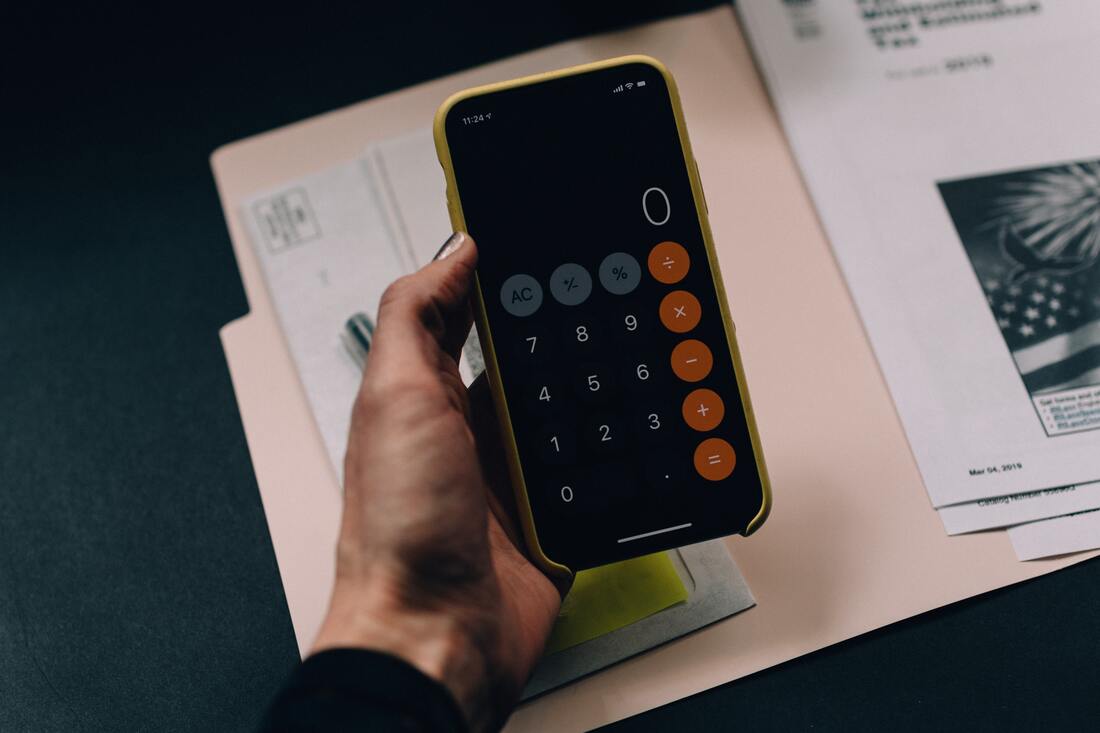
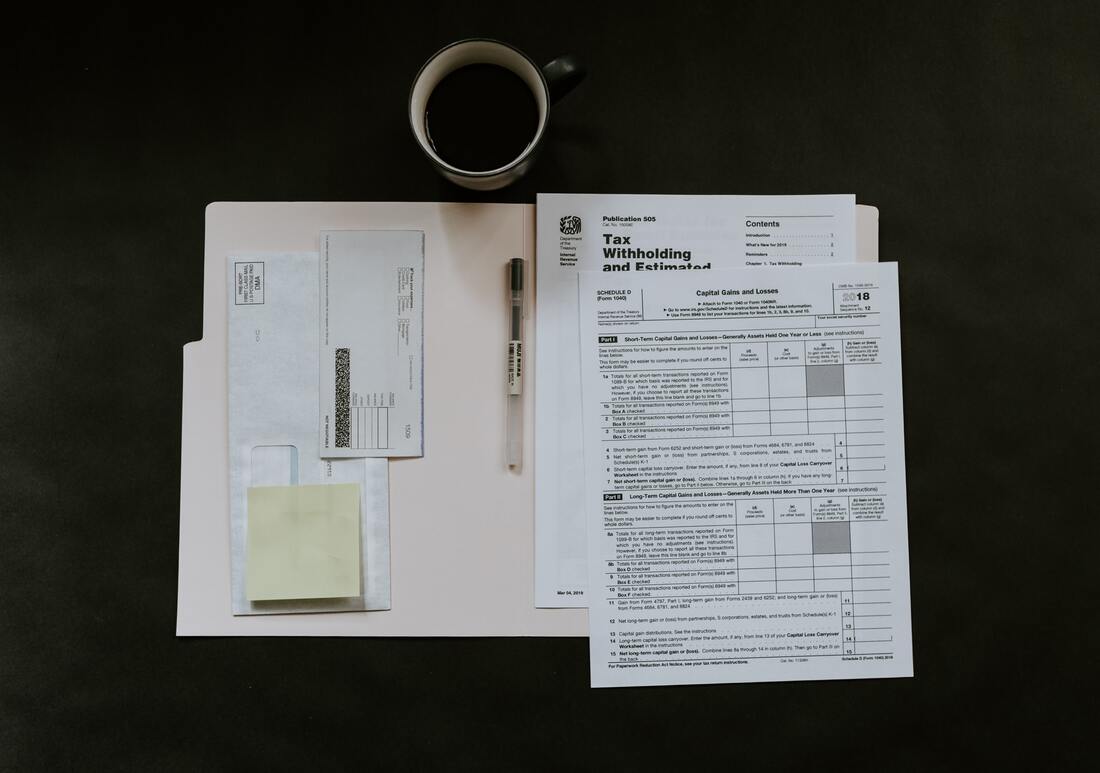
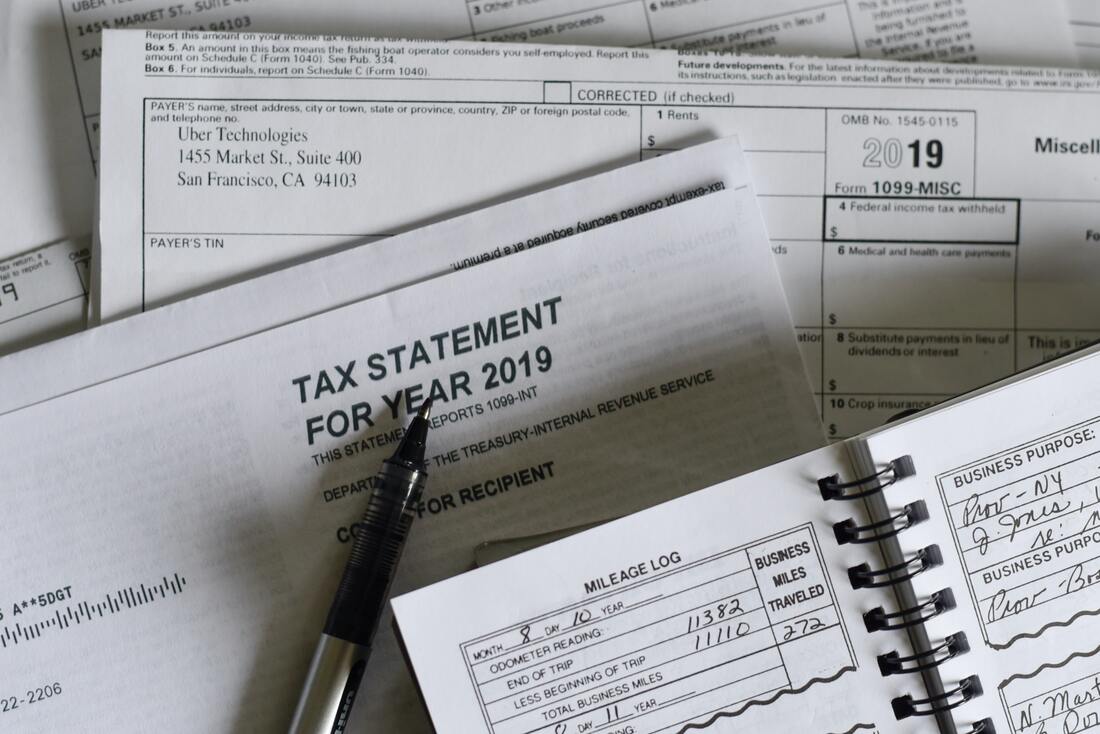


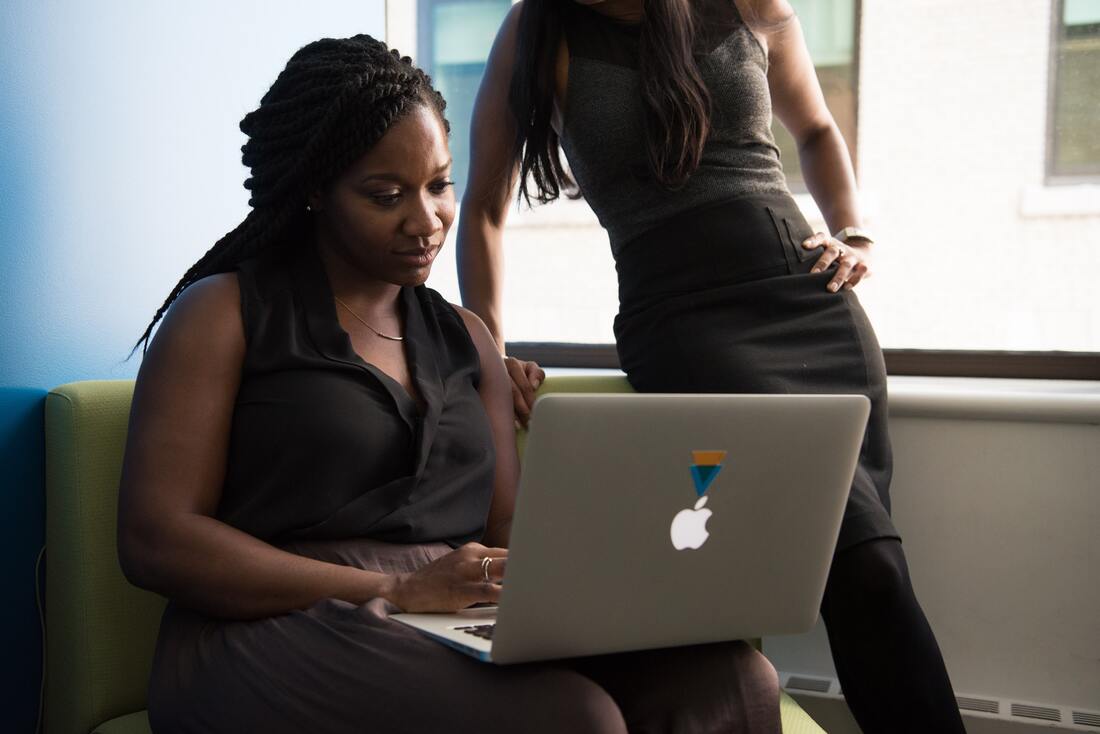
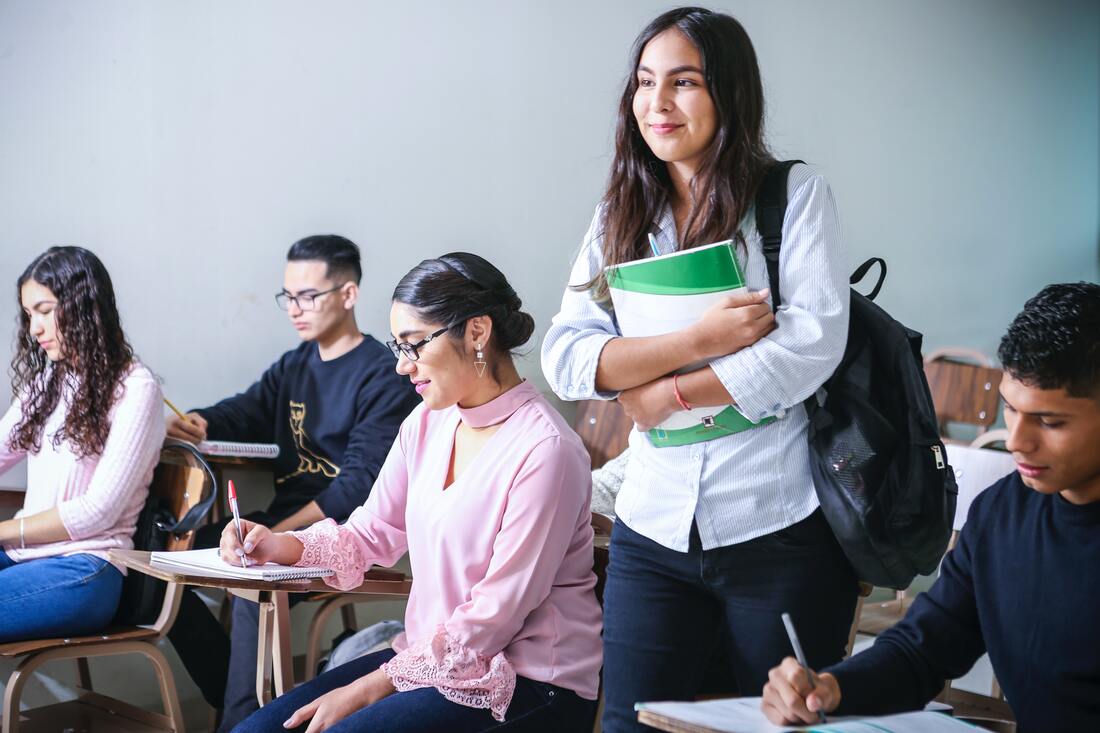
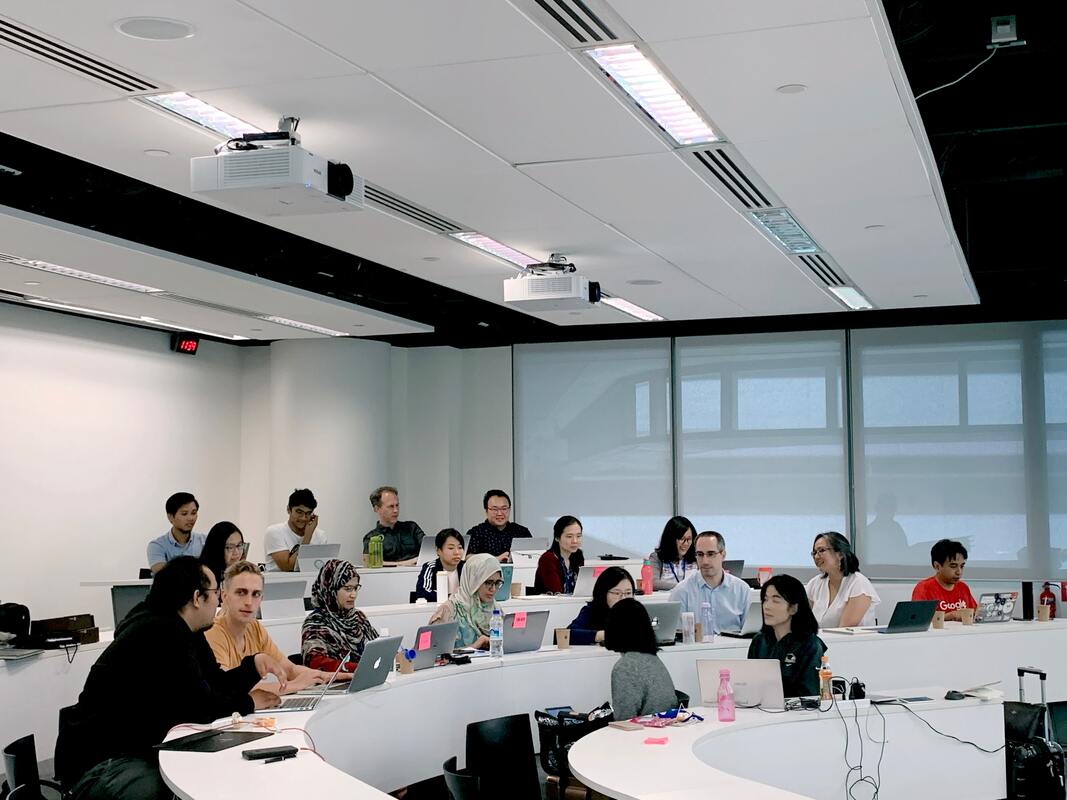



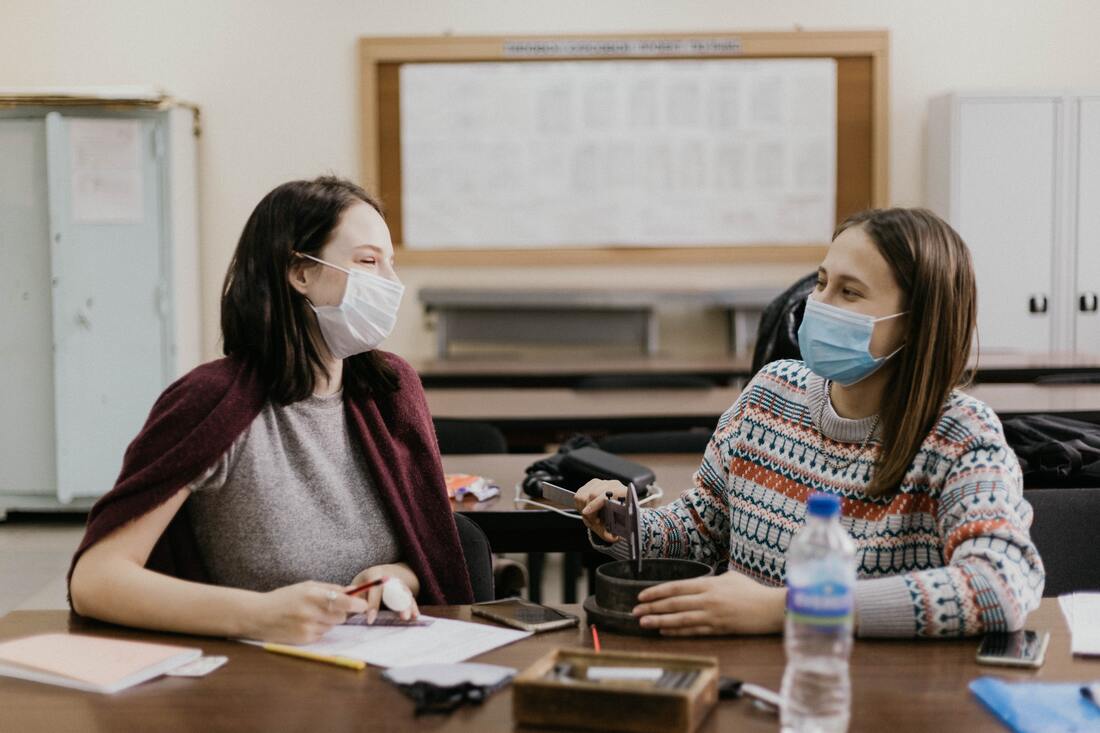

 RSS Feed
RSS Feed


